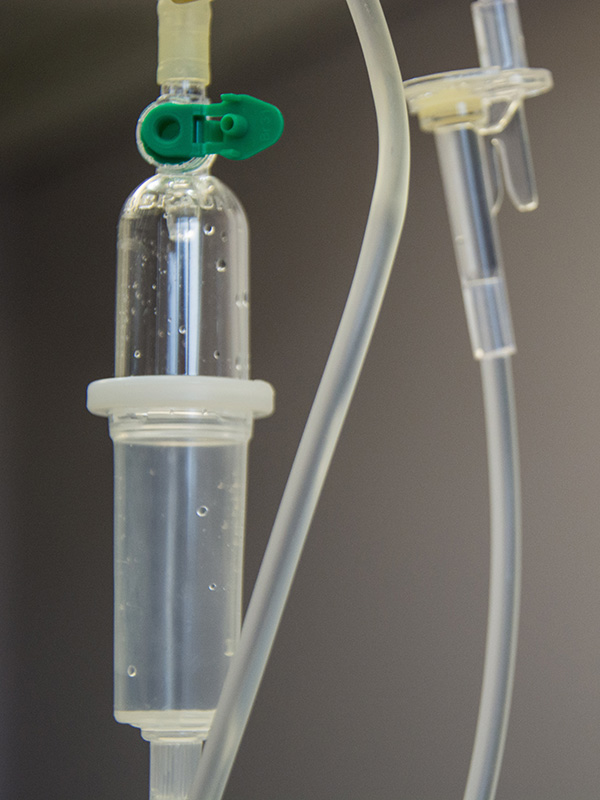
Chelation therapy is a method for removing heavy metals, such as mercury or lead, from blood. It’s one of the standard treatments for many types of metal poisoning.
In recent years, some people have claimed that chelation therapy can also help to treat many other conditions, including heart disease, autism, Alzheimer’s disease, and diabetes.
We explain how chelation therapy works before diving into some of its less conventional uses to see whether it’s actually effective.
How chelation therapy works
Chelation therapy involves injecting a type of medication called a chelator or chelating agent. Some common chelators include ethylenediaminetetraacetic acid (EDTA), dimercaptosuccinic acid, and dimercaprol.
Some chelators are better at removing certain metals than others are.
Chelators work by binding to metals in the bloodstream. Once they’re injected into the bloodstream, they circulate through the blood, binding to metals. In this way, chelators collect all the heavy metals into a compound that’s filtered through the kidneys and released in urine.
Proven benefits of chelation therapy
Chelation therapy is a very effective way to remove several heavy metals from blood, including:
- lead
- arsenic
- mercury
- iron
- copper
- nickel
Many things can cause heavy metal poisoning, including:
- drinking polluted water
- breathing heavily polluted air
- ingesting bits of lead paint
However, several conditions can also lead to a buildup of certain metals in the body. Some of these include:
- Wilson’s disease, a genetic disorder that causes copper poisoning in the body
- Hemochromatosis, a condition that causes the body to absorb too much iron from food
- Chronic kidney disease requiring dialysis, which can cause a buildup of aluminum in the body
- Blood disorders, such as thalassemia, requiring frequent blood transfusions, which can cause a buildup of iron in the body